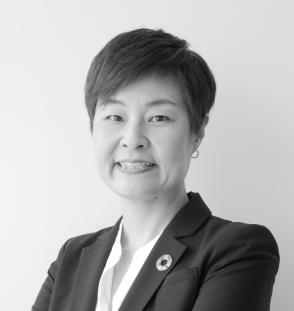As part of the UNESCO Education for Sustainable Development (ESD)-Net 2030 series of webinars on ESD pedagogy, this webinar will highlight and promote innovative practices in ESD. It will feature four simultaneous workshops on the following topics:
- Effective climate change education
- Using ‘design thinking’ to help students create carbon-neutral schools
- Community-based ESD for sustainable consumption
- Strengthening media and information literacy of teachers
UNU-IAS experts Jonghwi Park and Sawaros Thanapornsangsuth will facilitate the workshop on ‘Designing Community-Based Actions for Sustainable Consumption and Production (SCP)’. Informed by the recent publication “Driving Sustainable Consumption and Production at the Local Level: Education for Sustainable Development Projects from the Global RCE Network“, this workshop will introduce three critical factors of SCP: (i) resource efficiency; (ii) waste management and minimisation; and (iii) consumer behaviour based on 12 promising RCE cases from around the world. Participants will meet and hear from two of the community project implementers, exchange ideas, and learn how to design sustainable consumption and production practices in their community.
Language
This event will be held in English.
Participation & Registration
To participate online, please register in advance.
Please note that participants in UNU events may appear in photography, screen captures, videos, and/or audio. For further information please refer to Events.
Background
To accelerate the implementation of education for sustainable development (ESD) in a decade of action to achieve the 2030 Agenda for Sustainable Development, in October 2022 UNESCO launched ESD-Net 2030, a global network of education stakeholders. The network aims to facilitate the implementation of the ESD for 2030 framework and its Roadmap by enhancing knowledge sharing, collaboration, mutual learning, advocacy, monitoring, and evaluation, among a wide range of education stakeholders.



